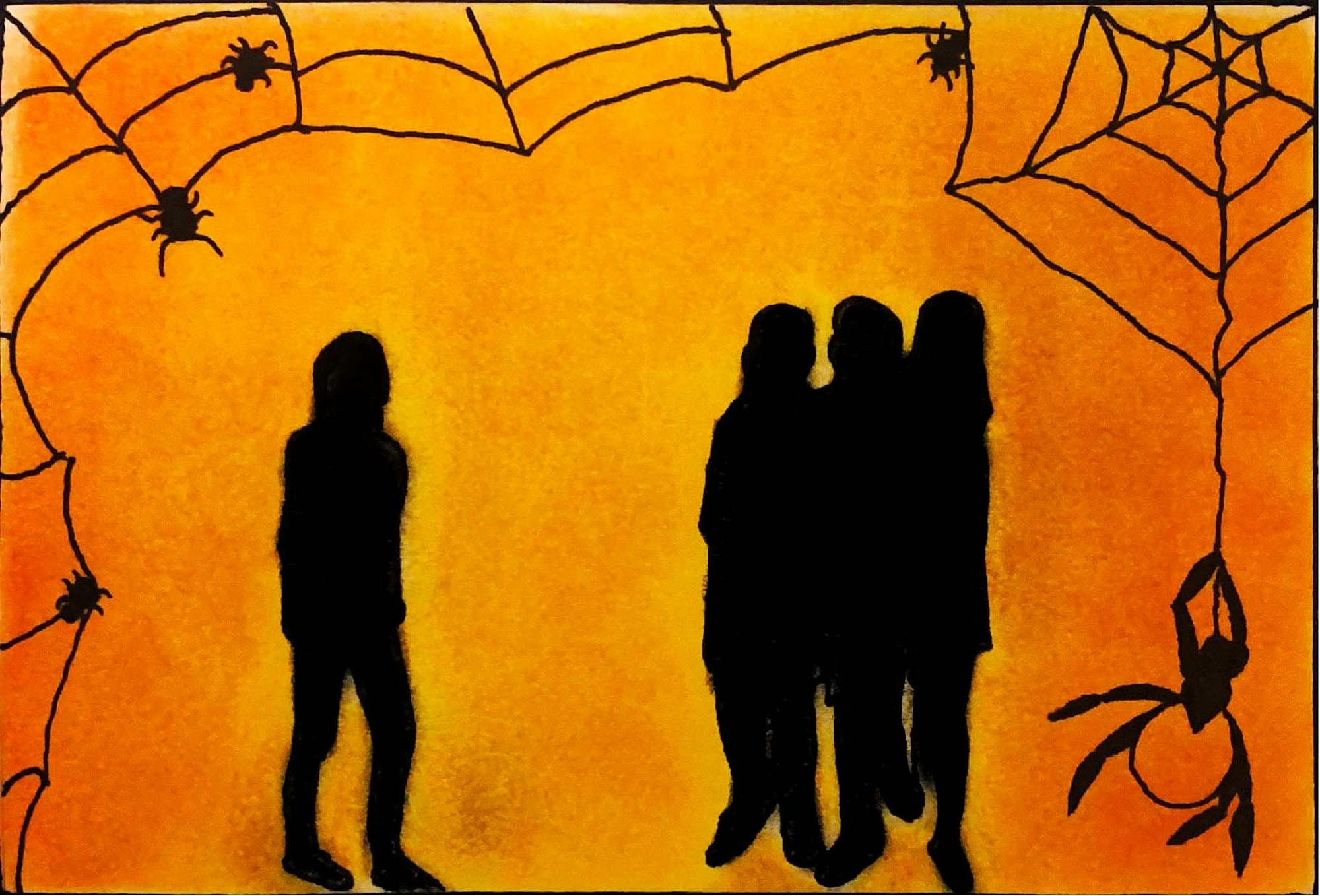I spent many sleepless nights this summer consumed by worries about college; my thoughts whirled in endless circles as I contemplated all of the gruesome fates that could befall me at Dartmouth. As September arrived and I set off on the 15-hour drive to campus, I was still plagued by worries — and unfortunately, the long trip gave me ample time to grow increasingly stressed out by questions of whether I would make friends, keep up with the demanding academics and survive living 1,000 miles away from my Indiana hometown.
Many Dartmouth students have possessed similar concerns, especially as freshmen. Amanda Olsen-Dufour ’22 emphasized this as she reflected on what she was afraid of as an underclassman.
“[I] definitely [had] a lot more fear about finding my group of friends and people and also finding activities that I liked and felt like I wanted to be a part of [as a freshman],” she said.
Furthermore, Olsen-Dufour noted that the prospect of making mistakes in her academic or social life still fills her with dread.
“I think I’m often afraid of messing up or doing something wrong or not showing up to something I was supposed to show up for,” she said. “I think that’s probably just a function of being in such a high-performing environment.”
Over the course of my eight weeks here, I’ve found myself afraid of many of the same things as Olsen-Dufour. Each time I’ve submitted a less-than-stellar essay or listened to a peer’s brilliant contribution to a class discussion without having anything to say in response, I immediately spiral into worries about whether my intelligence matches that of my peers. Furthermore, though I don’t resent my upbringing, it’s often difficult not to feel ashamed of my Indiana public high school when surrounded by students who attended the best private schools in the nation. Their credentials fuel my fear that not only my intelligence, but also the high school education I received, aren’t on the same level as other students.
Additionally, everyone I encounter seems to be committed to an endless list of clubs while still excelling in their classes and simultaneously having the most fun times of their lives. When I spend a night holed up in the library instead of going out or miss points on a test, the ease with which others appear to be gliding through the term often fills me with fear that I’m alone in my struggles.
Yet, Olsen-Dufour noted that this is a common problem here; the put-together appearance that students assume often belies their true challenges. In fact, she said the scariest aspect of Dartmouth stems from this dissemblance.
“A lot of people are really struggling a lot of the time — it’s pretty frightening how little you see that in superficial interactions,” Olsen-Dufour said. “It’s scary how little you know about what’s going on in someone’s life just from interacting [superficially] with them.”
The ability of students to disguise their struggles from others often only incites more anxiety in everyone, as each individual is left wondering if they are the only person on campus to commit errors or grapple with uncertainties. Yet, the truth is that students are often filled with anxiety about a slew of different topics.
For example, Catherine Chow ’24, a prospective engineering major, said that planning her off-terms induces fear, as she must rearrange her D-Plan based on when specific engineering classes are offered.
“I’m scared that I’m not [going to] finish the five-year engineering degree in four years like I’m trying to do,” Chow said. “With course elections coming up and D-Plan changes and declaring your major [...] recently I’ve just been really worried about it.”
Julian Davis ’25, who is from Sydney, Australia, noted that D-Plan stress is often exacerbated for international students, who are required to be on campus for three consecutive terms before they can take a leave term in order to preserve their visa status, which can make it more difficult to fit sophomore summer into their D-Plans.
“I’m a bit scared about sorting out internships,” Davis said. “I might have to do an extra term longer so then it can line up better with internships.”
In addition to these scheduling conundrums, Davis said that Australia’s pandemic-related travel restrictions were also cause for concern. When he left Sydney, he had to obtain a travel exemption from the government. At the time, he was uncertain when he would be able to re-enter the country after leaving for college.
“It was definitely scary leaving everyone and everything behind, not knowing when I would ever be able to go back,” Davis said. “When I left, I thought I wasn’t going to see everyone for a couple years.”
Although Australia has since lifted this travel restriction, which makes it possible for him to return home for winterim, he stated that he’s worried they will reimpose it in the case of a major outbreak, and that he won’t be able to come back to Dartmouth for winter term if this is the case.
Despite the myriad of diverse fears that plague everyone, students have found effective ways to combat them. Both Olsen-Dufour and Davis said they are able to overcome their fears by putting everything in perspective.
“[I] just remind myself that nothing really matters that much, and that Dartmouth is such a bubble and not the real world,” Olsen-Dufour said.
“I tell myself I don’t need to worry about the future right now because I have four years left in this place,” Davis echoed.
Chow said that finding different niches on campus allows her to process her fears, as she can form diverse groups of friends with whom she can discuss her concerns.
Finally, she noted that thinking about emotions other than fear helps her conquer what scares her.
“Sometimes I get these brief moments [where] I’m really scared of something,” she said, “but oftentimes, when I’m scared, there’s also something to be excited about, which supersedes the fear.”




